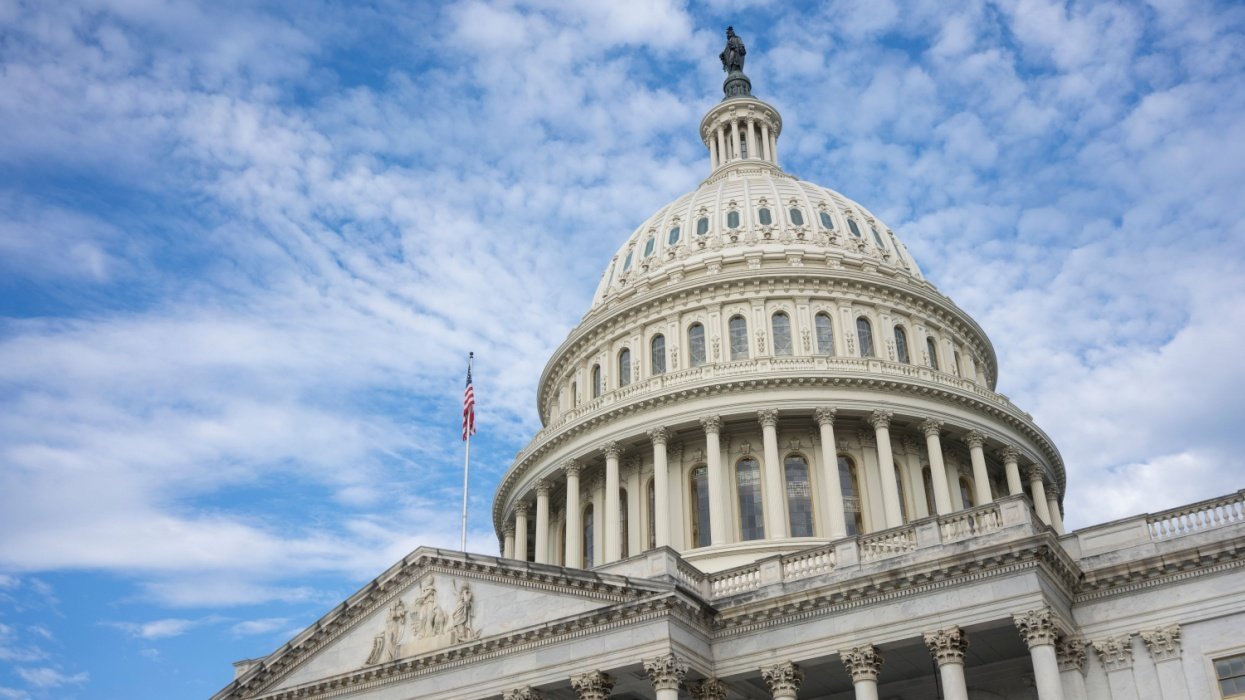To the Russian Orthodox Church, banning LGBT-supportive "propaganda" isn't enough -- the church Friday proposed that Russia criminalize gay sex, going back to the situation that existed when Russia was part of the Soviet Union, although Russian officials say such a scenario is unlikely.
Russian citizens should vote on the matter in a referendum, church spokesman Vsevolod Chaplin told Russian-language newspaper Izvestia, reports Agence France-Presse. "There is no question that society should discuss this issue since we live in a democracy," he said, according to AFP's translation. "For this reason, it is precisely the majority of our people and not some outside powers that should decide what should be a criminal offence and what should not."
Polls indicate that a majority of Russians think homosexuality is either an illness or a crime, Chaplin said. "I am convinced that such sexual contacts should be completely excluded from the life of our society," he said. If "moral pressure" is not sufficient to discourage homosexuality, enacting a law against it will be necessary, he said.
The Orthodox Church isn't the only entity calling for the reenactment of the Soviet-era ban on homosexuality. Ivan Okhlobystin, the star of a Russian sitcom loosely based on the American medical comedy Scrubs, wrote an open letter to President Vladimir Putin earlier this week begging the president to reinstate the criminalization of homosexuality. Okhlobystin, who served as a Russian Orthodox priest until his priesthood was suspended in 2010, said that the mere existence of "societies of homosexuals is by itself a direct advertisement of homosexuality." Last year, the actor said he wanted gay people to be burned alive in ovens -- earning applause from the religious crowd gathered to hear him speak.
The Soviet government criminalized homosexuality in 1934, and Russia repealed the law in 1993, after the breakup of the Soviet Union. A prominent Russian politician said the nation would likely never ask its people to reinstate such a law. This is "in part because of our international obligations," Pavel Krasheninnikov, a member of Putin's party, told the Interfax news agency, apparently referring to the European Convention on Human Rights. Russia has been under much international pressure since last summer's passage of the law banning any positive mention of LGBT rights or identities in venues accessible to minors, and the fact that the nation will host the Olympics next month has added to the outcry.
If Russians did vote on such a measure, it would be very dangerous, gay activist Eduard Murzin told AFP. "If you stage a referendum in Russia, 90 percent would back both the death penalty and the idea of shooting all homosexuals," he said.

















































































